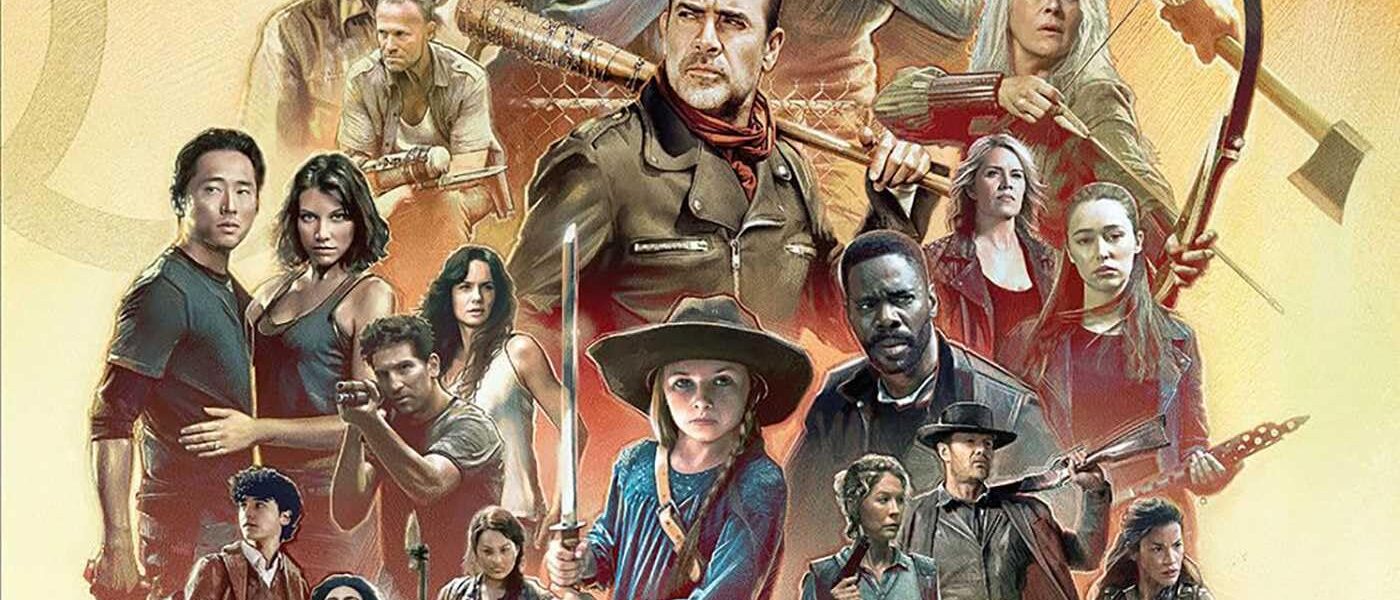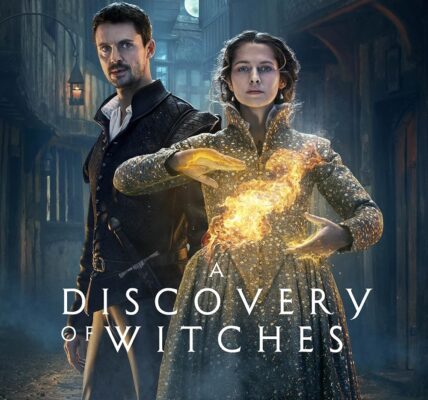🎬 Movie Overview
-
Title: The Walking Dead
-
Release Date: October 31, 2010 – November 20, 2022
-
Genre: Post‑Apocalyptic Horror‑Drama
-
Creator/Showrunner: Frank Darabont (later seasons led by Scott Gimple, Angela Kang)
-
Cast: Andrew Lincoln (Rick Grimes), Norman Reedus (Daryl Dixon), Melissa McBride (Carol Peletier), Danai Gurira (Michonne), Lauren Cohan (Maggie Rhee), Steven Yeun (Glenn), Jeffrey Dean Morgan (Negan)
-
Where to Watch: Netflix, AMC+, Fandango at Home
1. Plot Summary
Sheriff’s deputy Rick Grimes awakens from a coma to find the world overrun by zombies (“walkers”). He builds a ragtag group of survivors, including his wife Lori and son Carl, and navigates constant threats—from undead hunger to hostile human factions. Over 11 seasons, the group evolves from survival in the wild to building communities like Alexandria, Hilltop, and the Commonwealth—testing their moral limits in a world without order
2. Notable Elements
-
Character development: Iconic arcs—the rigid cop Rick becoming hardened leader, Daryl’s lone wolf transformation, Michonne’s emergence as a fierce warrior, and Negan’s villain-to-antihero shift—drive much of the series’ depth .
-
Memorable set-pieces: From the CDC’s dramatic reveal, to the prison standoff, Terminus’s chilling “They’re screwing with the wrong people” line, all the way to the war against the Saviors—shape the show’s tension and scale.
-
Moral ambiguity & intense tension: The show consistently challenges its characters with complex ethical choices—whether to kill, restrain, or rebuild—and highlights that surviving humans can be deadlier than walkers
-
Cinematic production & special effects: With AMC’s growing budgets, scenes like “walker showers” and large-scale battles leveraged state-of-the-art strong practical and visual FX
3. Themes and Messages
-
Humanity’s endurance: Amid collapse, relationships—family, communities, leadership—remain the emotional crux.
-
‘Becoming the villain’: The series highlights that savagery often comes from people, not just monsters in the street
Advertisement -
Societal reformation: As survivors recreate society—from town governance to bartering economies—each new settlement poses questions about power, control, and identity.
4. Personal Impressions
Strengths:
-
Rich, character-focused storytelling with standout performances (Lincoln, Reedus, McBride) that kept viewers deeply invested.
-
The evolving storylines—from rural survival to community-building to large-scale conflict—maintained momentum.
-
Graphic FX and filming elevated the horror to cinematic spectacle
Weaknesses:
-
Later seasons suffered from pacing issues and filler episodes; some viewers (and critics) felt declining interest over time .
-
Certain arcs (e.g., overlong Commonwealth storyline) felt drawn out, tempering the show’s early intensity.
## 5. Audience Recommendations
✔ Ideal for: Fans of character-driven, survival/horror dramas (The Road, Children of Men).
✔ Great for: Viewers who enjoy exploring moral complexity and post-apocalyptic world-building.
🚫 Less suited for: Those who prefer fast-paced horror or show with little filler—later seasons slow down considerably.
## 6. Conclusions & Rating
The Walking Dead is a landmark in TV horror, defined by its compelling characters, emotional stakes, and bold storytelling. Despite occasional sluggish pacing in later years, its exploration of humanity—when stripped to the bone—is powerful and resonant. From Rick’s awakening to the final battle with the Commonwealth, the series offers a gripping saga about survival, morality, and the pursuit of hope.
Final Recommendation: Essential viewing for horror/drama fans, with a legacy cemented by strong early seasons and unforgettable moments.
Rating: ★★★★☆ (4/5 stars)




